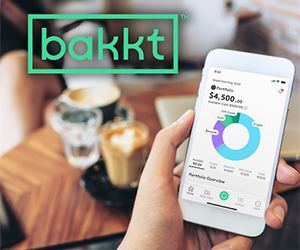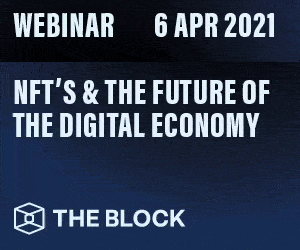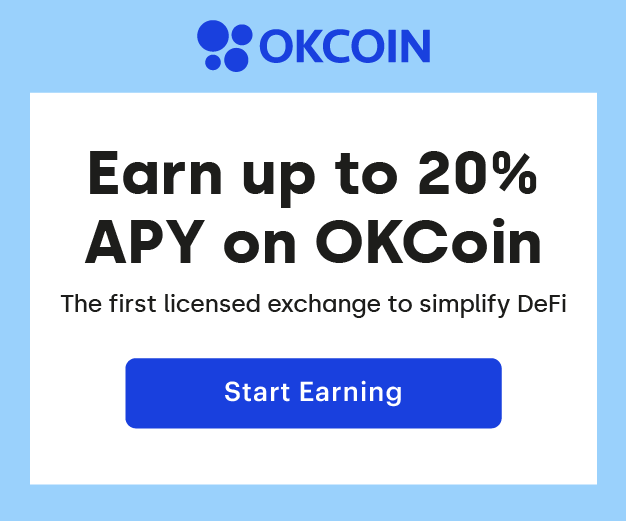
Key Takeaways
- PAID Network announced receiving funding from Binance, the world’s largest crypto exchange.
- PAID was recently attacked by an unknown hacker who minted 59.4 million PAID tokens worth $166 million
- The PAID team announced the project would add value to the Binance Smart Chain ecosystem.

PAID Network has announced a $100 million investment from Binance’s DeFi Accelerator Fund. The sum comes just weeks after PAID was hacked for nearly the same amount.
PAID Will Integrate With Binance Smart Chain
On Mar 5, an unknown hacker exploited PAID Network’s smart contract and minted over 59.4 million PAID tokens worth $166 million at the time.
Such an incident usually spells the end for a crypto project. It would appear, however, that Binance is still confident in PAID’s future.
It is to be noted that PAID’s ties with Binance have existed for quite some time. The team began building on Binance Smart Chain (BSC), Binance’s EVM compatible blockchain, before the hack.
This means that despite the recent hack, PAID Network continues to enjoy support from the world’s largest crypto exchange. Also, several upcoming DeFi projects are preparing to launch on Ignition, the PAID’s fund-raising launchpad.
The project’s appeal is building a decentralized framework that eliminates complex and expensive legal agreements for crypto projects using smart contracts.
According to Chasse, over 20 projects have lined up to conduct their Initial DEX Offerings (IDOs), including Blind Boxes, an NFT project on the Binance Smart Chain.
“Binance’s investment in PAID will enable us to streamline our development further, cut transaction costs, and accelerate the speed with which both PAID’s dApp and Ignition function,” Chasse said in a press release.
To mitigate the damage caused by the hack, PAID relaunched its token with a new contract to restore pre-hack token balances. Chasse said the team had learned the lesson on security, claiming to have adopted the best security practices to prevent any similar hack in the future.
Multiple security audits were done on the new contract, after which it was moved to a “secure multi-signature wallet” on Gnosis.












